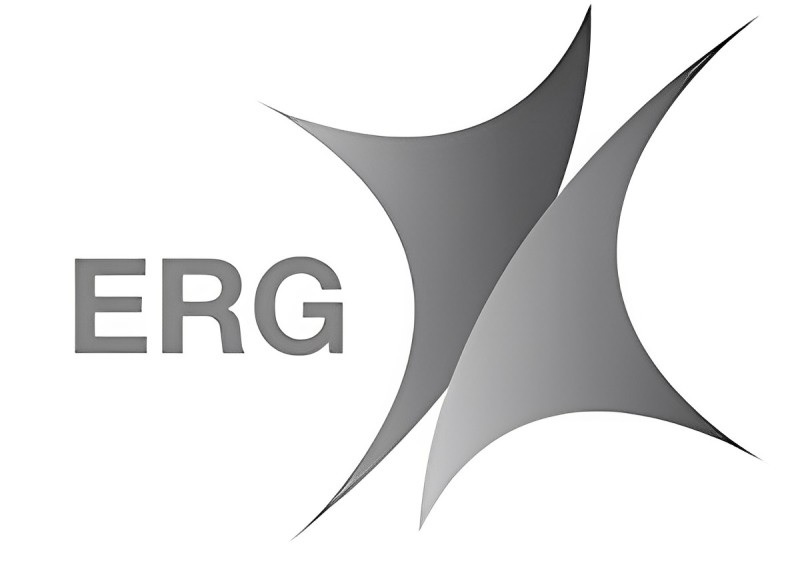In the realm of small business operations, accounting plays a crucial role in managing finances effectively. Business owners often face the dilemma of whether to outsource their accounting tasks or handle them in-house.
This article explores the pros and cons of outsourcing and in-house accounting, providing small business owners with valuable insights to make an informed decision.
- Cost Considerations
One of the primary factors to consider when deciding between outsourcing and in-house accounting is the cost. In-house accounting involves hiring dedicated accountants or establishing an accounting department within the organization. This incurs expenses such as salaries, benefits, training, and infrastructure. On the other hand, outsourcing accounting services allows businesses to pay for only the specific services they require, reducing overall costs.
- Expertise and Specialization
Outsourcing accounting for small business offers the advantage of accessing a team of specialized professionals. These experts possess extensive knowledge and experience in accounting and financial management. By outsourcing, small businesses can tap into this expertise without investing in training or hiring additional staff. In contrast, in-house accounting relies on the expertise of the employed accountants, whose knowledge and skills may be limited compared to outsourced professionals.
- Scalability and Flexibility
As small businesses grow, their accounting needs may evolve. Outsourcing provides the flexibility to scale up or down the level of accounting services based on business requirements. During periods of expansion, outsourcing allows businesses to access a broader range of services and accommodate increased workloads. In-house accounting, however, may face challenges in adapting to changing needs and demands, requiring additional recruitment and training processes.
- Data Security and Confidentiality
The security of financial data is of paramount importance for small businesses. Outsourcing accounting tasks to reputable service providers often comes with robust data security measures, including encryption, access controls, and regular backups. These measures help protect sensitive financial information from unauthorized access or data breaches. In-house accounting, while providing direct control over data, relies on the organization’s ability to establish and maintain comprehensive security protocols.
- Focus on Core Business Activities
By outsourcing accounting for small businesses can free up valuable time and resources. Instead of dedicating internal efforts to managing finances, business owners and employees can focus on core activities, such as business development and customer service. This shift in focus can lead to increased productivity, efficiency, and overall business growth. In-house accounting, although providing direct control over financial matters, may divert attention and resources away from primary business objectives.
- Communication and Collaboration
Effective communication and collaboration are vital for efficient accounting processes. When outsourcing accounting tasks, clear lines of communication are established between the business and the service provider. Regular updates, consultations, and reporting ensure transparency and alignment with business goals. In-house accounting allows for immediate and direct communication, promoting a deeper understanding of the business’s financial intricacies.
- Compliance and Regulations
Accounting practices are subject to various regulations and compliance requirements. Outsourcing accounting for small business can help navigate these complexities. Professional accounting firms stay up to date with the latest regulations, ensuring accurate financial reporting and adherence to legal requirements. In-house accounting may require additional efforts to stay updated on changing regulations, potentially posing compliance risks if not managed effectively.
- Control and Customization
In-house accounting provides businesses with complete control over their financial processes and the ability to customize accounting systems to fit their unique needs. This control allows for greater flexibility in decision-making and tailoring accounting practices to suit specific business goals. Outsourcing accounting tasks, while offering expertise and efficiency, may limit the level of control and customization that businesses can exercise.
- Risk Mitigation
Outsourcing accounting tasks can help mitigate risks associated with employee turnover and dependency. When relying solely on in-house accountants, small businesses face the risk of disruptions caused by staff absences, resignations, or sudden departures. By outsourcing, businesses can ensure continuity and minimize the impact of such events. In-house accounting, however, provides a more immediate response to urgent financial matters and offers the ability to address issues internally.
- Evaluation and Performance Measurement
Measuring the performance functions of accounting for small businesses is essential to track financial progress and make informed decisions. Outsourcing accounting services often come with built-in evaluation mechanisms, including performance metrics and key performance indicators (KPIs). These measures allow businesses to assess the efficiency and effectiveness of the outsourced services. In-house accounting provides the advantage of direct oversight, enabling real-time evaluation and immediate action if necessary.
Conclusion
When it comes to deciding between outsourcing and in-house accounting, small businesses must carefully weigh the pros and cons. While outsourcing offers cost savings, specialized expertise, scalability, and improved data security, in-house accounting provides control, customization, immediate responsiveness, and deeper integration with the business. Considering the specific needs, resources, and long-term objectives, small business owners can make an informed choice that optimizes their financial management and contributes to overall success.





